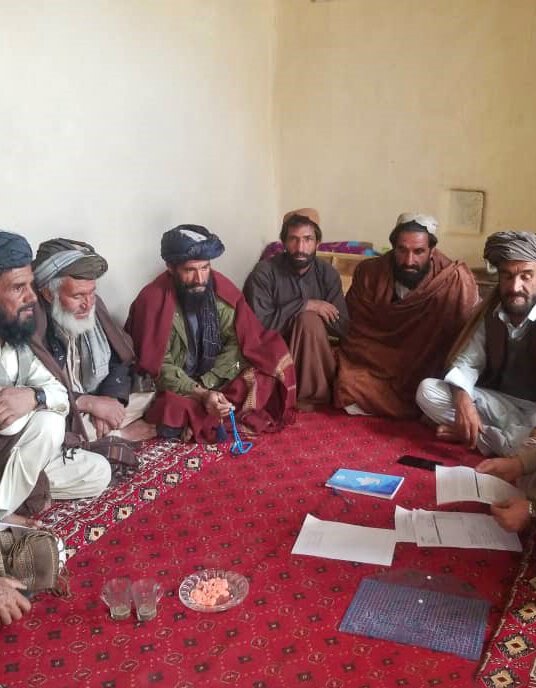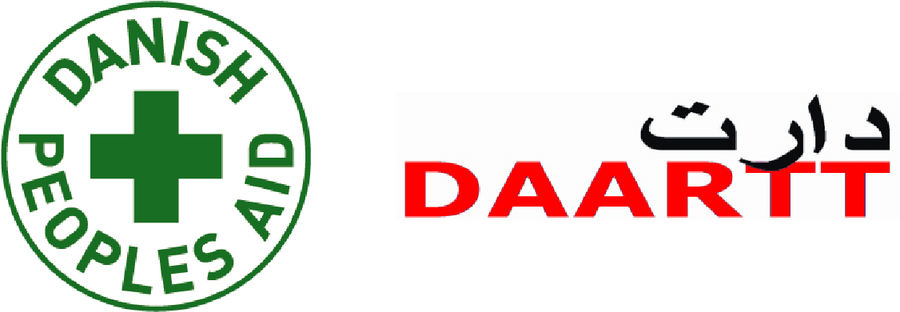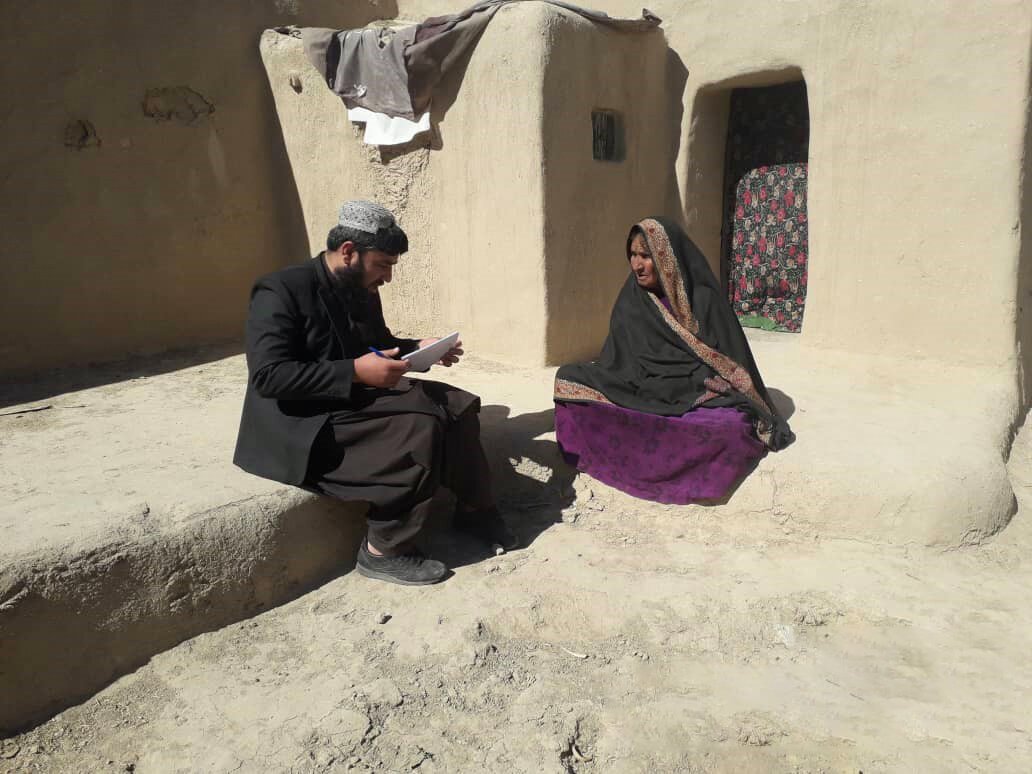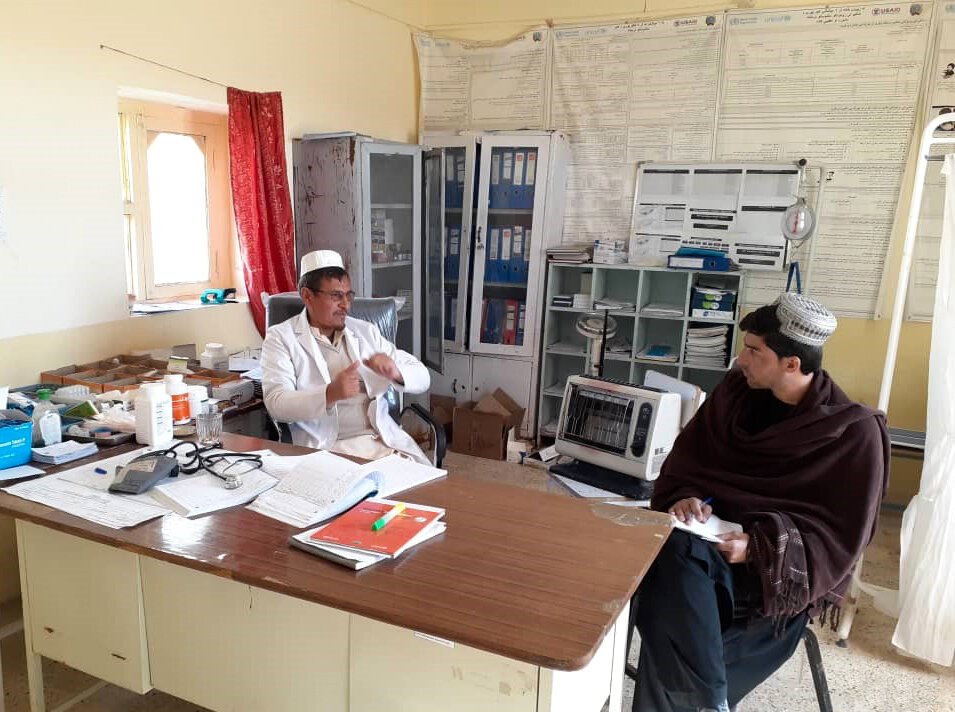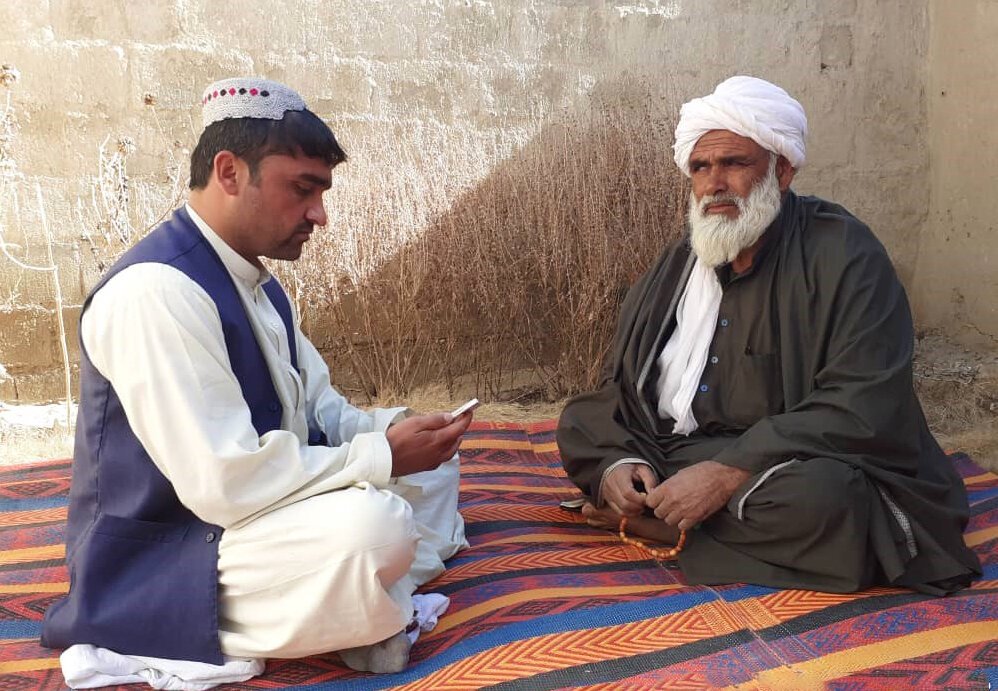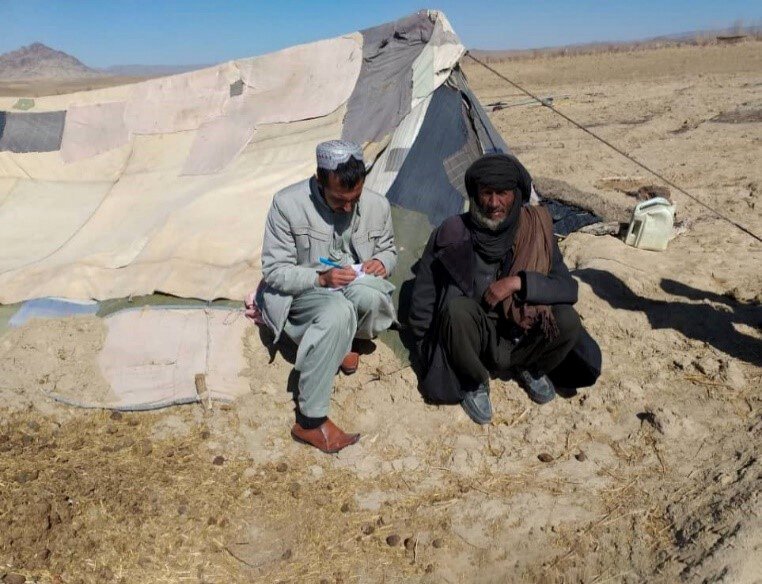Adroit conducted a rapid needs assessment to understand the needs of the vulnerable local communities in Afghanistan, through 1000+ surveys, focus group discussions, and key informant interviews, revealing critical challenges including inadequate shelter, limited access to clean water, and low food security affecting households.
This project entailed a comprehensive rapid needs assessment conducted by Adroit Associates in Zabul Province, Afghanistan. The assessment aimed to identify and understand the current needs of the local population, providing critical insights to DAARTT for structuring their program design and implementation.
Zabul Province is one of the least developed regions in Afghanistan, with significant challenges including limited access to safe drinking water, inadequate shelter, and insufficient clothing during harsh winters. The province also suffers from high unemployment, low agricultural yield, and limited access to healthcare services. This rapid needs assessment was conducted to evaluate the specific needs of the communities in Zabul, aiding DAARTT in developing relevant and impactful interventions.
Objectives
- To assess the current needs of the Zabul Province population.
- To provide data-driven recommendations for program design and implementation.
- To support DAARTT in creating effective, efficient, and relevant interventions.
Our Approach
The assessment used a mixed-methods approach, combining quantitative surveys with qualitative focus group discussions (FGDs) and key informant interviews (KIIs). A probability proportionate to size sampling strategy was used for quantitative surveys, while a purposive sampling strategy was used for FGDs and KIIs. Data collection was conducted by 11 field officers from February 15 to February 22, 2022, covering all ten districts of Zabul Province. The quantitative data was analyzed using SPSS, and qualitative data was analyzed in Excel.
Implementation
- 384 quantitative surveys conducted across 10 districts.
- 22 FGDs and 55 KIIs to gather qualitative insights.
- Deployment of 11 field officers for data collection.
- Application of stringent data quality control procedures to ensure reliability and validity.
Challenges and Lessons Learned
Conducting the rapid needs assessment in Zabul Province presented several significant challenges. The province’s harsh environmental conditions and ongoing conflict created a challenging context for data collection. Ensuring the safety and security of our field officers was paramount, requiring careful planning and coordination with local authorities. The rugged terrain and limited infrastructure further complicated travel and logistics, often causing delays and necessitating flexible scheduling to complete the assessment within the given timeframe.
Despite these hurdles, the field officers demonstrated remarkable resilience and dedication. They were able to navigate the challenging environment and establish trust with local communities, which was crucial for gathering accurate and comprehensive data. The team’s ability to adapt to unforeseen circumstances and maintain a high level of data quality control throughout the process was a significant achievement.
One of the critical lessons learned was the importance of community engagement. Establishing strong relationships with local leaders and community members facilitated smoother operations and enhanced the credibility of our assessment. Additionally, employing a mixed-methods approach allowed us to capture a holistic view of the community’s needs, providing both quantitative and qualitative insights that enriched our findings.
Furthermore, the experience underscored the necessity of having robust contingency plans. Flexibility in our methodology and operational strategies enabled us to respond effectively to the dynamic challenges encountered in the field. The successful completion of this assessment highlights the value of preparedness, adaptability, and community collaboration in conducting research in complex environments.
These insights will inform future assessments and interventions, ensuring that we continue to deliver high-quality, impactful work even in the most challenging contexts.
Key Recommendations
- Assist households with damaged shelters through cash or in-kind support for rehabilitation.
- Provide winterization packages, including clothes for women and children.
- Ensure access to safe water through piped water supply, tubewells, or covered wells.
- Implement cash for work and unconditional cash transfer programs to enhance food security.
- Support healthcare access through mobile clinics and telemedicine services.
- Provide kitchen materials and non-food items to internally displaced households.
- Assist families in repaying significant loans to alleviate financial burdens.
- Offer vocational training to youth to promote self-employment and enterprise development.
